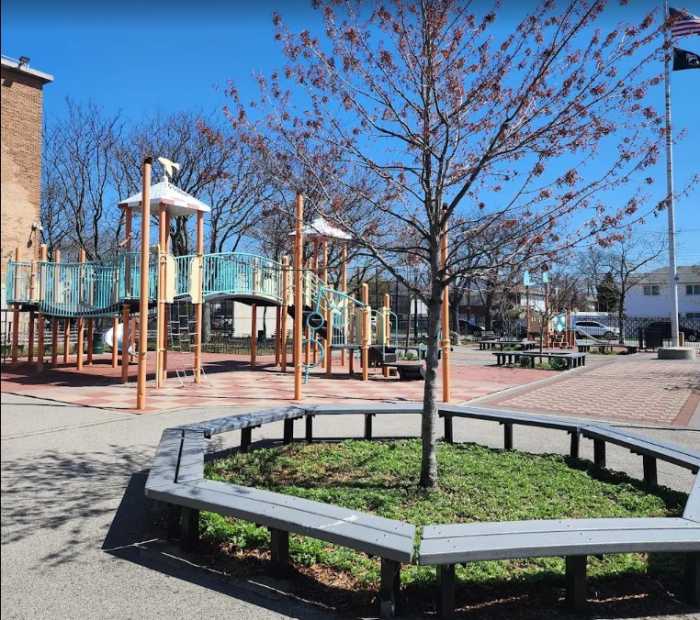By Mark Hallum
Growing up in Beachhurst, Robert Gans kept a motorboat near his home, and swimming and fishing from that motorboat were regular activities for him.
Now signs warning of the potential danger of these hobbies due to environmental concerns are restricting people from taking part in such pastimes. In fact, this is nothing new in most parts of the city, as garbage pollutes beaches and waterways, endangering the well-being of marine life and humans alike.
Since 1998, Gans has been gathering a network of volunteers to help combat the problem of garbage, or floatables, on New York City beaches. Floatables are waterborne waste that washes up on shorelines and poses a hazard to fish, birds, and turtles.
The Volunteer Beach Floatable Program, part of the city’s Department of Environmental Protection, records the amount and type of debris washing ashore on 52 beaches around the city and is always looking to extend its reach, specifically to College Point, Newtown Creek and Whitestone as well as sites already monitored. The program run by Gans is actively seeking new volunteers in anticipation of the swimming season, particularly from Memorial Day through Labor Day.
Volunteers are expected to commit 20 minutes per week, about an hour after high tide, and are provided with all materials needed for the effort. Training sessions begin in mid-April. Little Bay, Fort Totten, Douglaston, Alley Creek and Bayside Marina are areas of Queens that receive attention from volunteers, as well as 58 offshore and open water sites. Each volunteer monitors a 200-foot section of waterfront.
But it is not the job of volunteers to clean up the waste they record on these beaches. The information they gather is used by a variety of departments and organizations as well as initiatives, to remove floatable in the areas with the highest need. The New York City Department of Environmental Protection is just one of a few governmental programs that benefits from the information made available from Gans’ volunteers. Money constraints, however, get in the way of this.
Individuals participating in International Beach Cleanup Day Sept. 21 will also remove floatables from beaches and shorelines. Every year, the Volunteer Beach Floatable Program lists three of the worst sites for garbage in order to bring focus to high priority areas.
“Water pollution is one of the worst problems that we face,” Gans, who mentions that this issue often ends up on the periphery of society’s concerns, said.
Right now, Gans has a little over 100 volunteers and is always in need of an extra hand.
Volunteers interested in the program can contact Robert Gans at Ozone Layer LLC. by calling (212)889-4216 or sending an email to ozone
Reach reporter Mark Hallum by e-mail at mhall




































